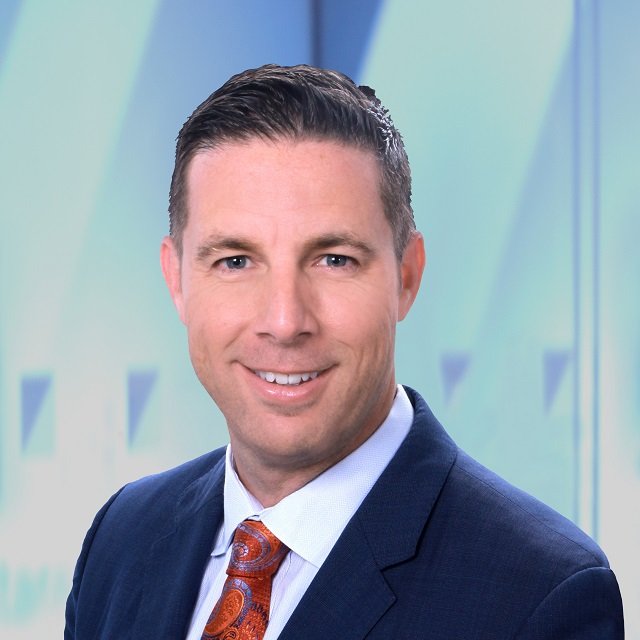5 Ways the Individual Retirement Planning Market Is Changing: Equitable Exec

But the pandemic gave clients more time to think about their lives, and it’s given advisors more time to think about what planning is, Scanlon said.
“The expectation is that we understand our clients,” he said.
In some cases, he reported, planners are helping clients think about issues such as personal wellness, work-life balance issues and exploring personal goals.
3. The annuities have changed.
When Scanlon meets with veteran advisors who have not made much use of annuities, he finds that the product menus puzzle them.
“People are surprised,” Scanlon said. “They’re like, ‘I had no idea they’d evolved so much. This is really different from what I remember.’”
For many veterans taking a second look at annuities, one thing to get used to is the rise of registered index-linked variable annuity contracts.
4. Insurers can now do a better job of matching the tools with the jobs.
Scanlon said Equitable annuity specialists often start by asking advisors, “Tell me about what the client wants to do.”
In the past, he said, Equitable sold annuities that could help people save for retirement.
Now, he said, Equitable has specific products that can help clients with specific goals, such as protecting a portion of portfolio value, or all portfolio value; creating a source of retirement income; and managing taxes.
In some cases, he added, the right tool could be a permanent life product.
But the need to plan for retirement continues to be a key driving force.
“People are looking for all sorts of ways to solve for income,” Scanlon said. “Income questions in general are at a premium.”
5. Chairs and tables improve the matching process.
Over the past two years, the Equitable distribution team has tried to explain the nuances of the new annuity products and product features through videoconferencing calls.
Now, Scanlon said, face-to-face meetings are back, and he predicted that will help companies like Equitable do a better job of showing what all of the new tools can do.
Even now, he said, “it’s a relationship business.”
Steve Scanlon (Photo: Equitable)




